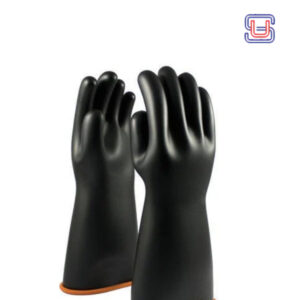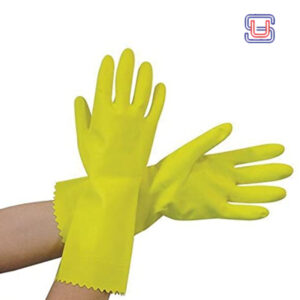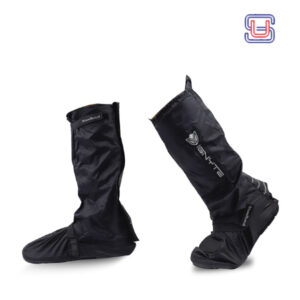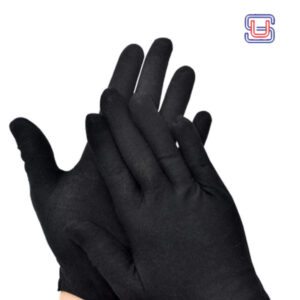RILEY products are paramount in the realm of personal protective equipment (PPE), offering a robust line of safety solutions designed to safeguard individuals across various industries. These products encompass a range of protective gear, including safety glasses, goggles, and face shields, all engineered to provide comprehensive protection against workplace hazards such as flying debris, chemical splashes, and harmful radiation. The emphasis on high-quality materials and innovative design ensures that RILEY products not only meet but often exceed international safety standards. This commitment to excellence guarantees that workers are equipped with reliable, durable, and effective PPE, which is crucial in maintaining a safe and compliant work environment. The advanced features incorporated into these products, such as anti-fog coatings and ergonomic designs, enhance user comfort and functionality, encouraging consistent use and reducing the likelihood of accidents. Moreover, RILEY products play a significant role in promoting workplace safety and productivity. By offering superior protection, these products help prevent workplace injuries, which in turn reduces downtime and associated costs such as medical expenses and injury claims. The durability and reliability of RILEY products mean they withstand harsh working conditions, providing long-term protection and minimizing the need for frequent replacements. This not only ensures continuous safety but also offers cost-effectiveness for businesses. Additionally, the versatility of RILEY products makes them suitable for various sectors, including construction, manufacturing, and healthcare, thereby meeting a wide array of PPE needs. The brand’s reputation for quality and safety reinforces the trust of employers and employees alike, making RILEY products an essential component of a comprehensive occupational safety strategy.
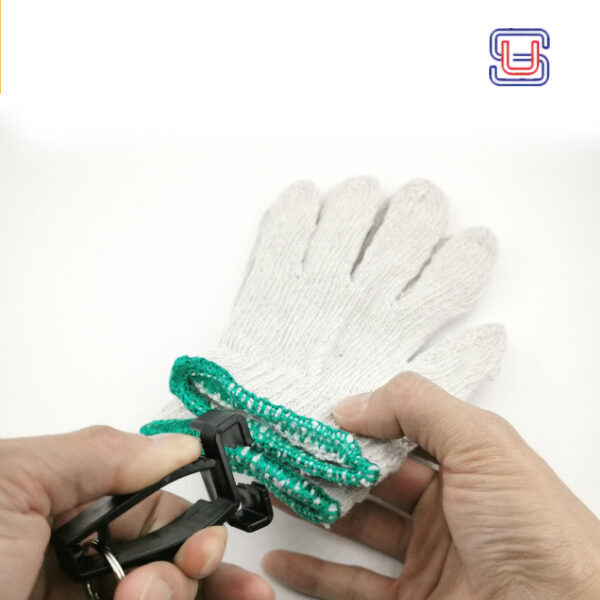
RILEY products hold considerable importance in the realm of personal protective equipment (PPE) and workplace safety. Here are some reasons why RILEY products are important:
Worker Safety: RILEY products are designed to protect workers from hazards such as flying debris, chemical splashes, and harmful radiation. This protection is crucial in preventing workplace injuries and ensuring the safety and well-being of employees.
Compliance with Regulations: Many industries are governed by strict safety regulations that mandate the use of PPE. RILEY products help companies comply with these regulations, avoiding potential fines and legal issues.
Enhanced Productivity: By ensuring that workers are safe and comfortable, RILEY products can help maintain high levels of productivity. Workers are more likely to perform their tasks efficiently when they are not worried about their safety.
Reduction in Workplace Accidents: High-quality PPE like RILEY products can significantly reduce the number of workplace accidents. This not only protects workers but also reduces costs related to injury claims, medical expenses, and downtime.
Innovation and Technology: RILEY integrates advanced technology and innovative features into their products, such as anti-fog coatings, UV protection, and ergonomic designs. These innovations improve the functionality and comfort of the PPE, encouraging consistent use.
Versatility: RILEY offers a wide range of products suitable for various industries, including construction, manufacturing, healthcare, and more. This versatility makes RILEY a go-to brand for comprehensive PPE needs.
Durability and Reliability: RILEY products are built to last, providing durable and reliable protection even in harsh working conditions. This durability ensures long-term safety and reduces the need for frequent replacements.
Brand Trust and Reputation: RILEY is recognized for its commitment to quality and safety. Using RILEY products can enhance a company’s reputation for valuing employee safety, which can be beneficial in attracting and retaining talent.
Overall, the importance of RILEY products lies in their ability to provide effective and reliable protection, enhance worker comfort and productivity, ensure regulatory compliance, and contribute to a safer working environment.

